 |
| Anna Stéphany - photo Marco Borggreve |
Reviewed by Robert Hugill on Nov 18 2016
Star rating:
A beautifully musical account of Handel's late semi-comic opera
Christian Curnyn and the Early Opera Company returned to Handel's Serse (an opera they have recorded) for a concert performance at St John's Smith Square on 18 November 2016. Anna Stéphany sang the title role, with Claire Booth as Romilda, Rupert Enticknap as Arsamene, Keri Fuge as Atalanta, Rachael Lloyd as Amastre, Edward Grint as Elviro and Callum Thorpe as Ariodate. Clare Booth was announced as having been ill but that she would still sing, whilst Rachael Lloyd had stood in for an ailing Emma Carrington.
Handel's Serse is a slightly strange beast. It premiered quite late in Handel's operatic career, in 1738, and he would write only two more Italian operas, Imeneo (1741) and Deidamia (1742). And during this late period, when he was freed from the pressure of pleasing his aristocratic patrons in the Royal Academy, he rather experimented with forms, often abandoning the strict formal structures of opera seria. The results rather puzzled his audience, Serse was performed only five times and never revived.
The mixed nature of the opera, with its buffo elements, the fact that less than half the arias are da capo (and of these, two lack a formal exit afterwards), the way Handel fluidly responds to the drama with a mix of snatches of aria, arioso and recitative, all these are attractive to us today. The piece contains a mix of comic and serious characters, and with all of them Handel asks us to take their emotions seriously. The opera might have comic elements, but it is not slapstick and as Winton Dean has commented (in his book on Handel's opera serias) Handel's approach is often close to that of Mozart.
It was clear that Christian Curnyn and his cast took quite a serious view of the piece, perhaps unsurprising since this was a concert performance with little rehearsal time to organise large scale comic set pieces. But there was still a vein of comedy running through it, with Edward Grint's Elviro sporting a head-scarf and character voice for his flower seller scene in Act Three. There were some lovely sparkling moments of dialogue, as the cast sparked off each other in the recitatives a witty sense of character, whilst Keri Fuge's Atalanta was a delightful creation with a lovely sense of naughty flirtatiousness.
The arias were nearly all taken seriously, with a consistently impressive approach to Handel's music. This was an evening with some uniformly fine singing from this well balanced cast. Given the superb quality of the singing it seems churlish to cavil, but there were occasions when the large scale arias could have done with the same sense of dramatic character as the recitative. But if you were content to sit back and simply enjoy fine music, superbly sung then this was certainly for you.

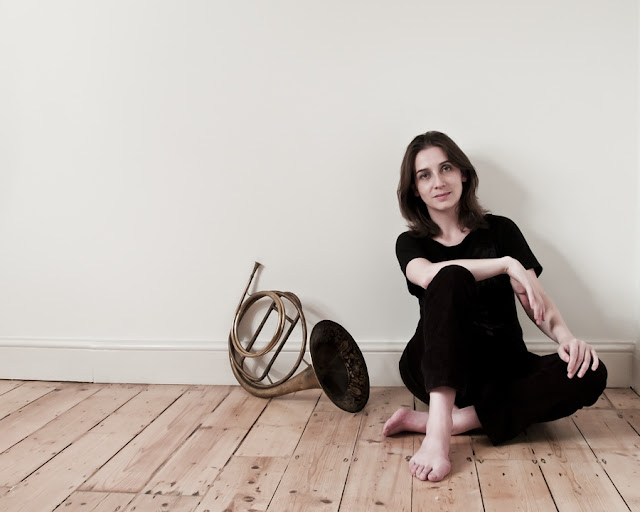






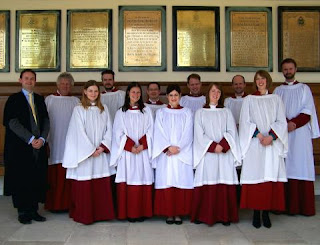








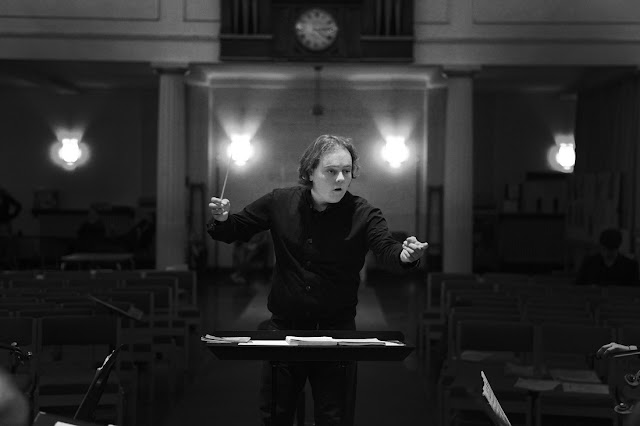
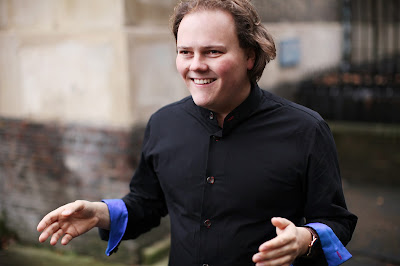





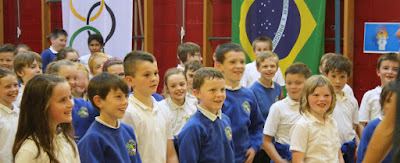

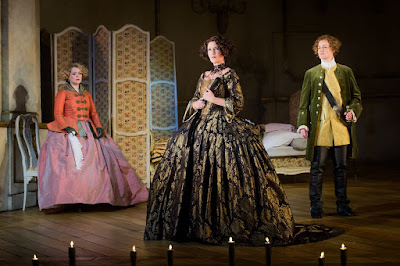


.jpg)

.jpeg)





.jpeg)